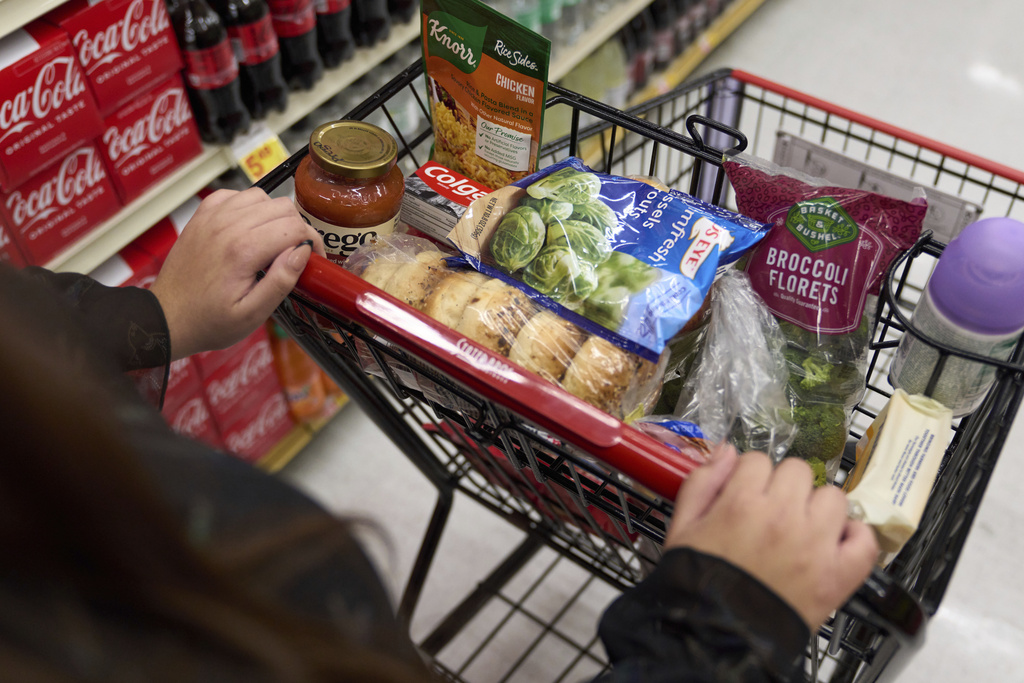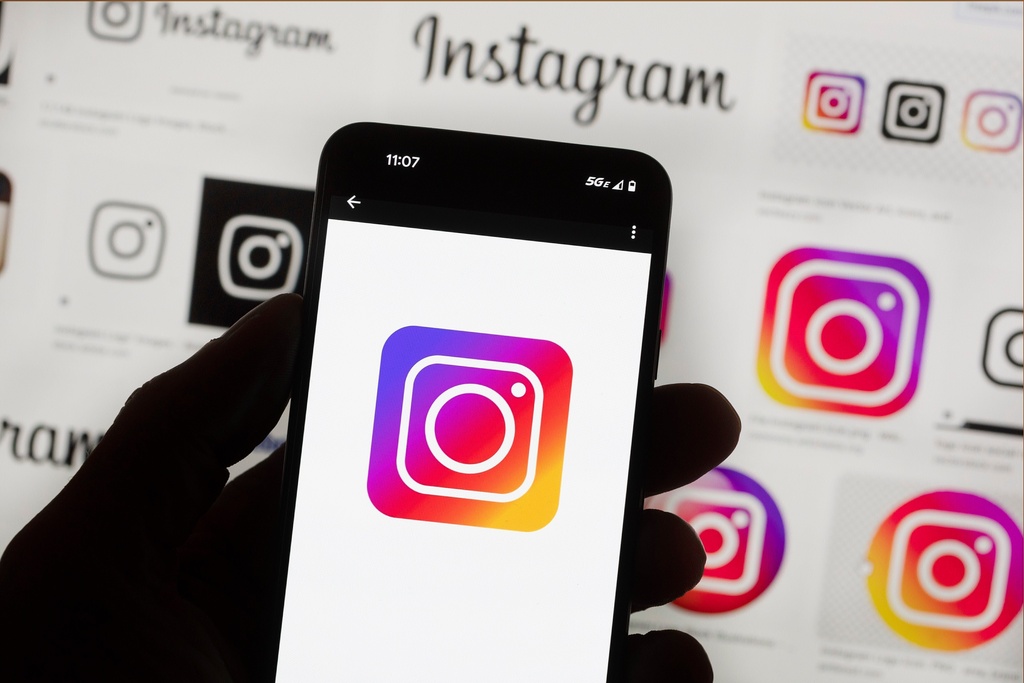Schools are doing everything they can to keep students in the classrooms, but staffing shortages triggered by the Omicron variant are creating challenges.
It's a full-time job. Things might not always go as planned, especially during a pandemic.
"I think it's really important that all parents give themselves a pat on the back for surviving the last couple of years because honestly, I don't know how we've done it," Wilson County, Tennessee, parent Jen Mayer Kulp tells Newsy.
The pandemic brought parents closer to their kids, forcing students to learn from home as schools figured out next steps.
Now schools with students back in class are under pressure to keep it that way.
But because of the ever-changing situation, more teachers are calling in sick.
"My daughter at the middle school level had two teachers in the past month that had to call in sick due to COVID," Explains Kulp, a mother of four, her youngest only 3. "Get the kids back in school. They need to be back in school surrounded by people. The socialization and the social emotional development of our kids is crucial, and it's been missing."
Despite the challenges, this TV producer and podcast co-host of "Hi My Name is Mom" says she counts herself as one of the lucky ones.
"I don't know that our kids were as impacted as others. But I do feel for the kids who have struggled through this because I know there's a lot of them," adds Kulp.
There's a higher demand for substitute teachers than ever before. Without them, students could be forced back home.
In Wilson County, near Nashville, the school district is asking parents to help in the classroom.
That school district's public information officer says they've had around 100 people inquire about substitute teaching since the email was sent to parents.
Blair Malloy is currently substitute teaching in Wilson County while she completes courses online to become a licensed teacher.
The pay for substitute teachers is typically low, making people hesitant to take on the role.
For Malloy, who's also a mom, the money isn't what matters.
"There's not a lot of jobs that you can bring your kid with you. They go into their classroom, and they can come right home with you when you're done and you're there with them all the time," Malloy tells Newsy.
If schools closed and students had to go back to virtual schooling, not only would kids not be able to socialize with their peers in-person, but there's also concern about learning loss and whether students are actually paying attention.
"You see the learning loss more in the kids that were already struggling," Malloy says.
Virtual learning makes it harder for students who are struggling to get the one-on-one help they need.
However, for those in primary school, technology can help.
"I don't think that parents and people from the outside realize how sophisticated these educational apps are," Malloy explains.
Educational games from apps like Prodigy are being integrated in the classroom, especially when remote.
"They definitely, like I said, don't replace a teacher teaching and working with them, but it's not that bad of a second place when you don't have much of another choice," Malloy adds.
As for older students, things may not be as easy.
"I think it's really different when you have kids at sort of upper levels of schooling, especially in high school, who are experiencing, you know, their junior and senior years in the midst of a pandemic, almost at the end of a pandemic. They're sort of experiencing it very differently than all of us did. And I think that that loss is sad for them," says Kulp.
Even if her kids were to go back to remote learning, she's staying optimistic.
"Without a doubt, the kids are going to be OK. They just are. Kids are resilient. Kids are flexible. And I think nine times out of 10, the kids are just going to be better for having dealt with this kind of adversity," Kulp adds.











